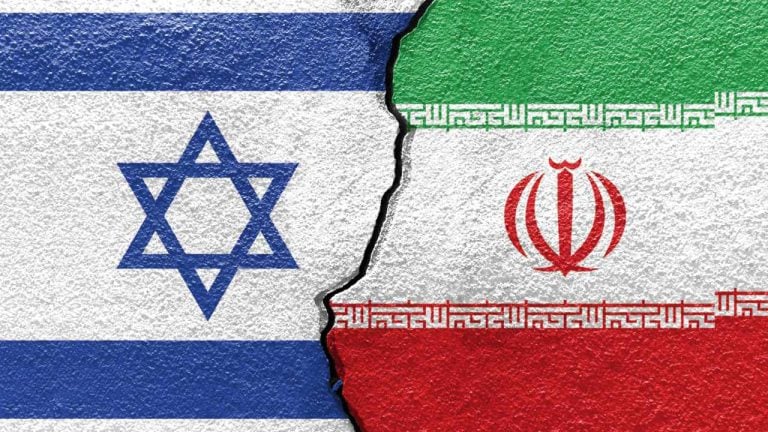
Recent insights from Bloomberg's team of economic experts suggest that an all-out war between Iran and Israel might set off a worldwide economic downturn. They highlighted that a sharp increase in oil prices, coupled with a drastic decline in risk assets, could significantly impact growth and potentially elevate inflation levels. They further cautioned that the farther the conflict extends, the more global its implications become, moving beyond just regional effects.
Global Economic Downturn Resulting from Middle Eastern Conflict
Last week, Bloomberg's economists penned an article explaining how a war in the Middle East could provoke a worldwide economic downturn. The article's authors include Ziad Daoud, Bloomberg Economics' Chief Emerging Markets Economist, and a renowned global economist.
The economic experts elaborated on how the ongoing tension between Israel and Hamas could destabilize the global economy and potentially push it into a recession if more nations become involved. They underscored the reality of this risk, noting:
"A more intense escalation could lead to a direct confrontation between Israel and Iran, who supplies arms and funding to Hamas, an organization that both the U.S. and the European Union have classified as a terrorist group."
"Under such circumstances, Bloomberg Economics anticipates oil prices could skyrocket to $150 a barrel, and global growth could plummet to 1.7% — a recession that would shave about $1 trillion off global output," they further explained.
Current Vulnerability of the Global Economy
The economists expressed concerns over the current state of the global economy, which appears vulnerable. They noted that the economy is still recuperating from a period of inflation worsened by Russia's invasion of Ukraine the previous year. Another war in an energy-producing area could reignite inflation. The broader implications could range from a resurgence of unrest in the Arab world to impacting the upcoming presidential election in the U.S., where fuel prices significantly influence voter sentiment.
Potential Impact on Global Growth and Inflation
Bloomberg Economics carried out an assessment to gauge the potential impact on global growth and inflation under three different scenarios. The first scenario envisions mainly hostilities within Gaza and Israel. The second scenario sees the conflict spreading to neighboring countries like Lebanon and Syria, essentially turning it into a proxy war between Israel and Iran, as the economists explained. The third scenario contemplates an escalation into a direct war between the two regional adversaries, Israel and Iran.
The economists reiterate:
"A direct confrontation between Iran and Israel is a low likelihood scenario, but a perilous one. It could be the spark for a worldwide economic downturn. Skyrocketing oil prices and plummeting risk assets could deal a significant blow to growth and cause inflation to rise."
"In all these scenarios, the direction is the same — costlier oil, increased inflation, and slower growth — but the degree varies. The broader the conflict spreads, the more global rather than regional its impact becomes," they concluded.
What are your thoughts on the cautionary words from Bloomberg's economists regarding a global recession? We welcome your thoughts and opinions.
CFTC
irs.gov
finance.yahoo.com
How To
The History of Gold as an Asset
From ancient times to the beginning of the 20th century, gold was used as a currency. It was widely accepted around the world and enjoyed its purity, divisibility and uniformity. Because of its intrinsic value, it was also widely traded. Different weights and measurements existed around the world, however, because there were not international standards to measure gold. For example in England, a pound sterling equals 24 carats. In France, a livre tournois equals 25. Carats of golden. Germany had one mark which equals 28. Carats.
In the 1860s the United States began issuing American currency made up 90% copper (10% zinc) and 0.942 gold (0.942 pure). This led to a decrease of demand for foreign currencies which in turn caused their prices to rise. In this period, large amounts of gold coin were minted by the United States, which caused the gold price to drop. The U.S. government needed to find a solution to their debt because there was too much money in circulation. They decided to return some of the gold they had left to Europe.
Many European countries began accepting gold in exchange for the dollar because they did not trust it. After World War I, however, many European countries started using paper money to replace gold. The price of gold rose significantly over the years. Even though the price of gold fluctuates, it remains one the best investments you can make.
—————————————————————————————————————————————————————————————-
Based on [POSTTITLE]
by [POSTAUTHOR]
















